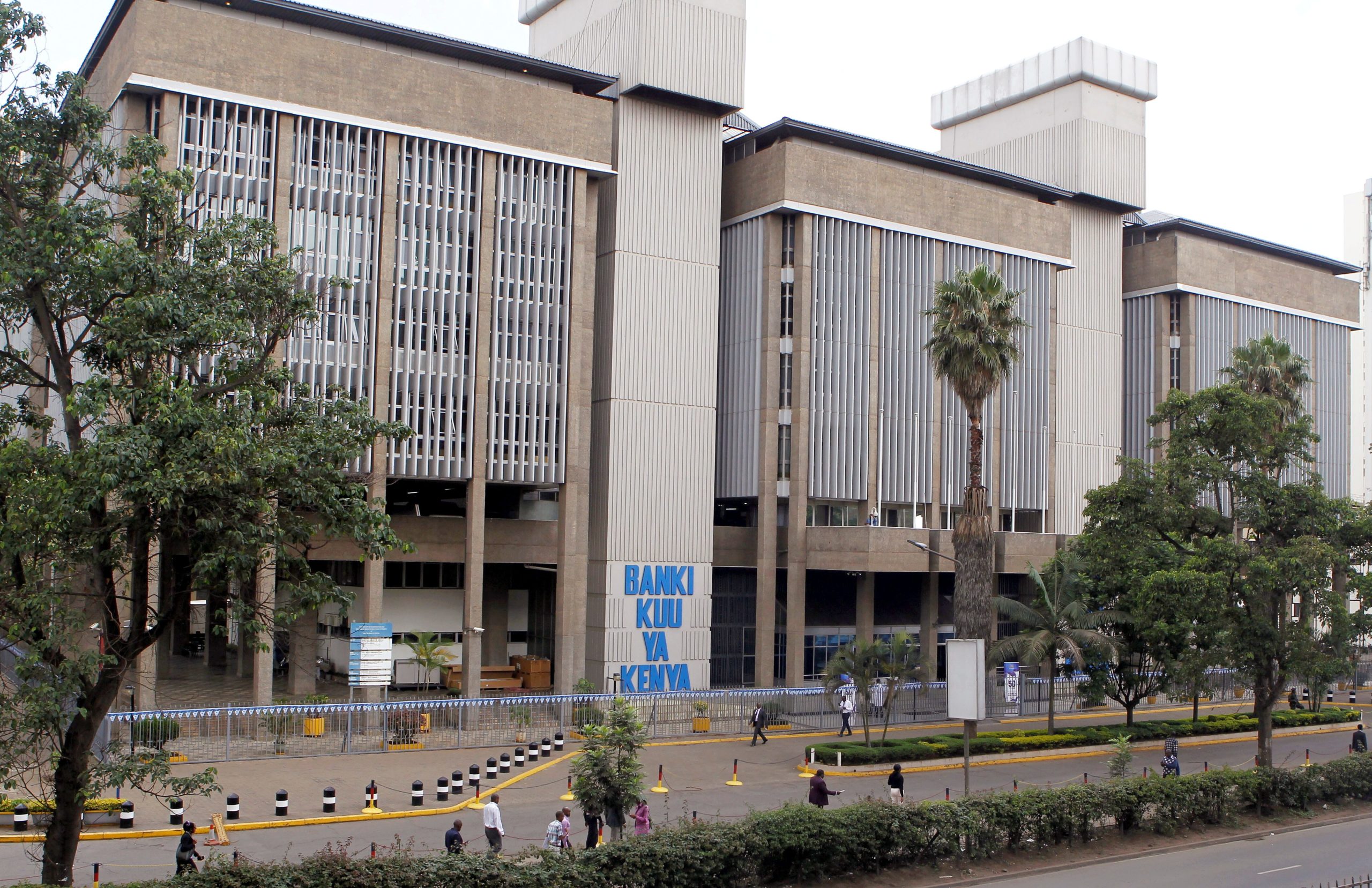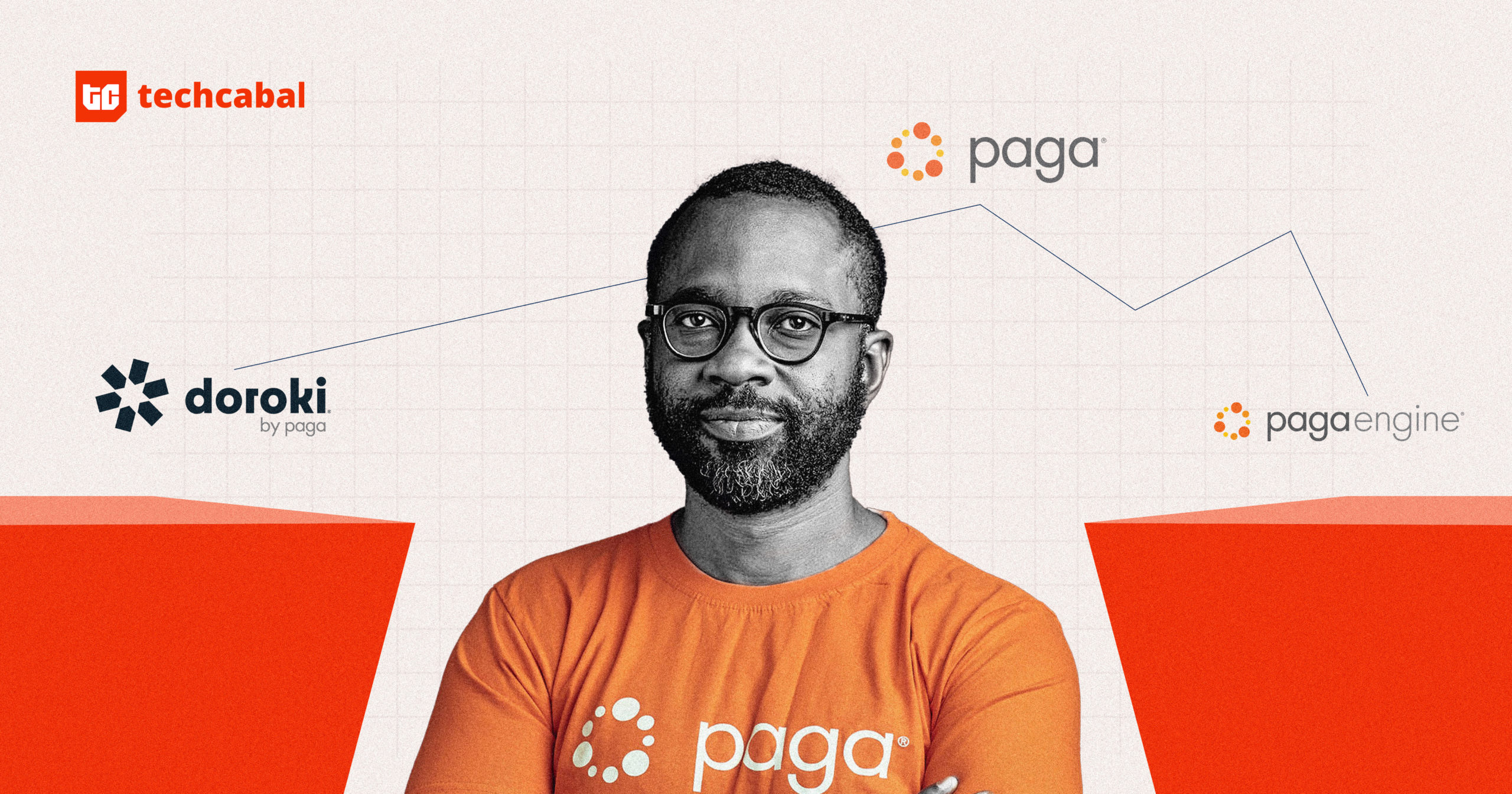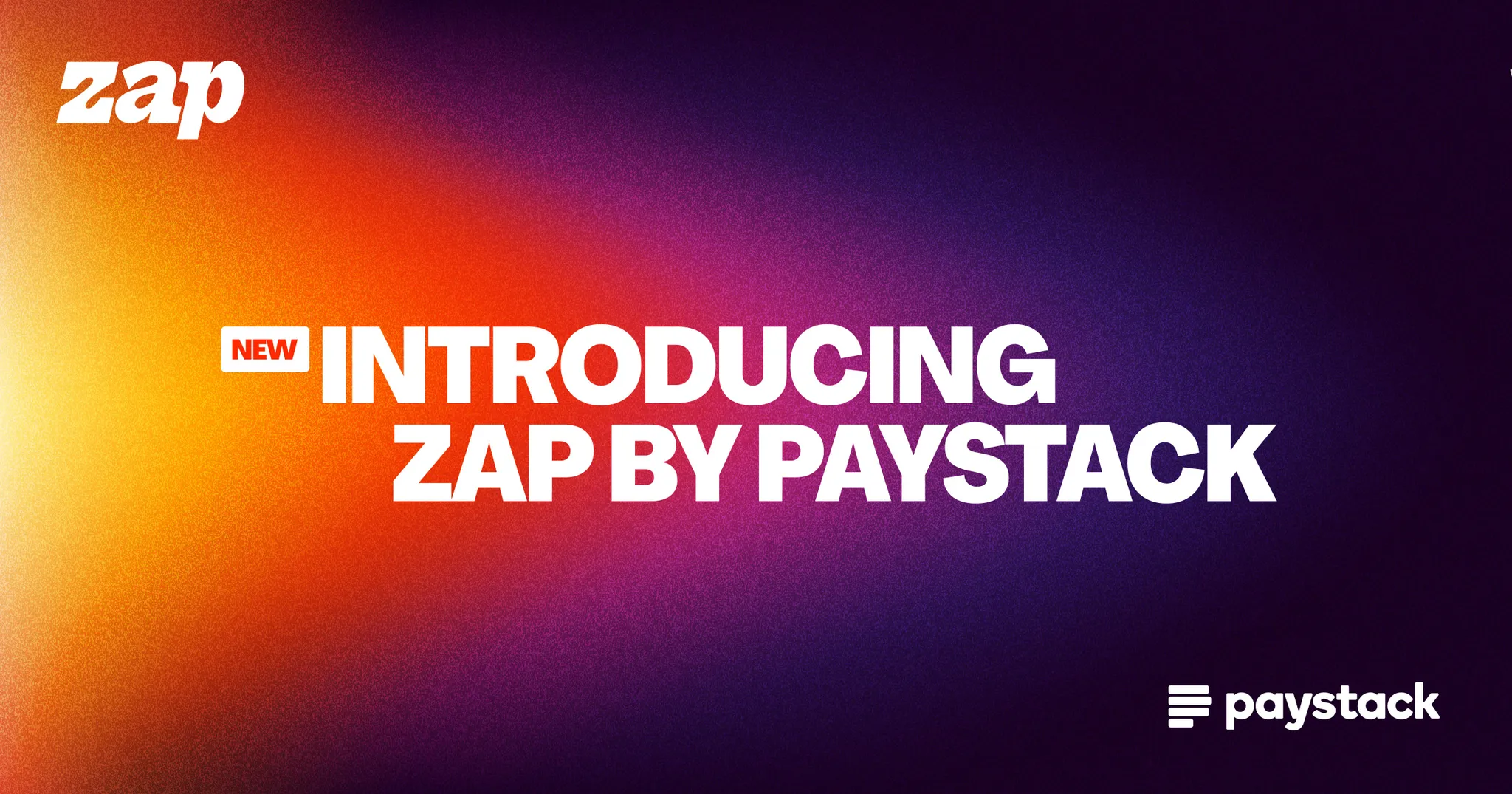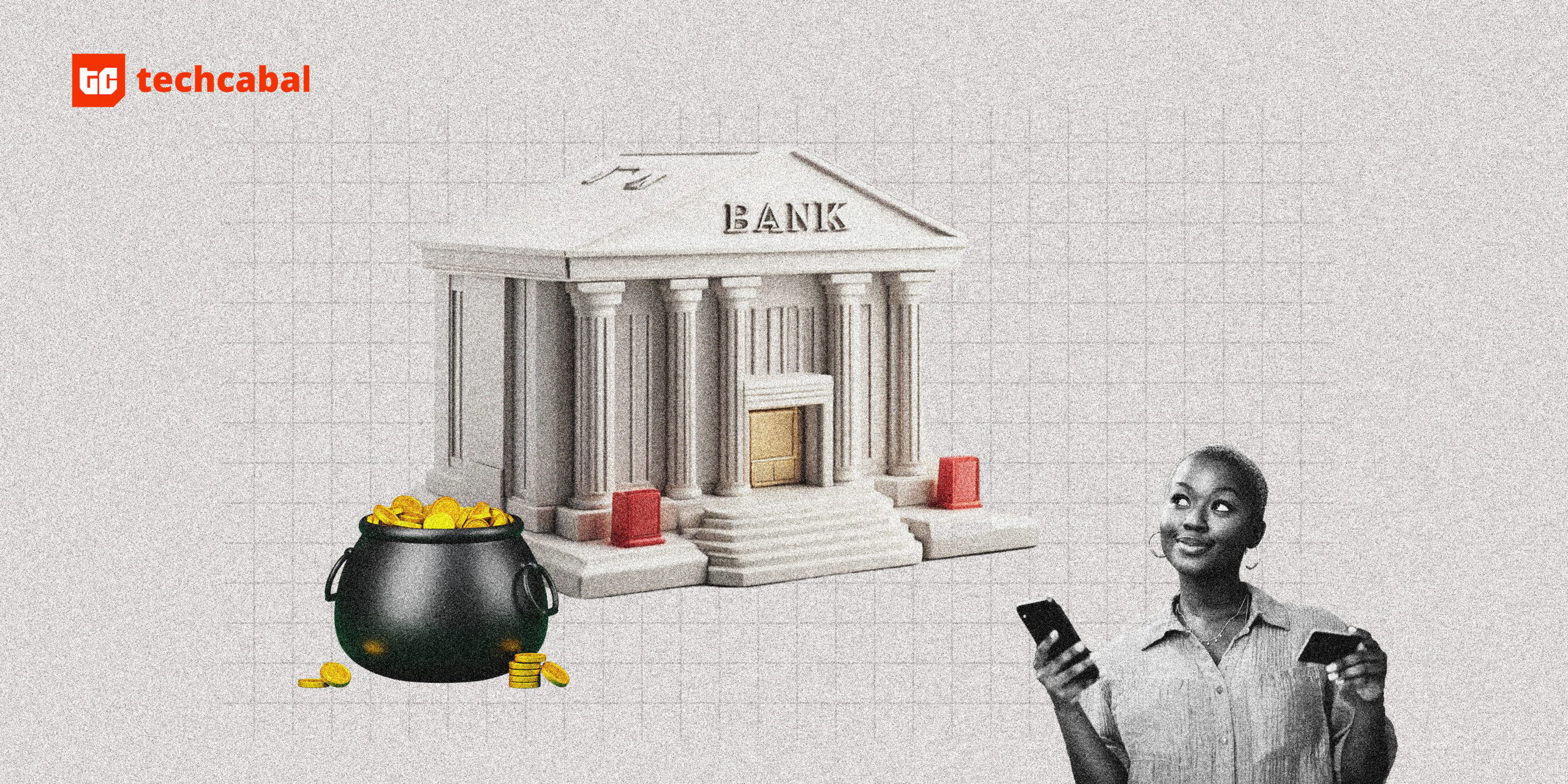- 👨🏿🚀TC Daily
- Posts
- No dirty business
No dirty business
Inside: Can Nigerian banks remove transfer charges?


Howdy? ☀️️️
If you step into a Nigerian international airport, you’re likely to be greeted by different “free” Wi-Fi options to choose from. However, none of these Wi-Fi options really work.
I’m sure you’re wondering, it’s 2025—how come these Wi-Fi networks don’t work?
Hold your thoughts for a second; Frank Eleanya, our resident telecommunications reporter, has answers for you here. Insider secret: number three may shock you.
We hope you’re not reading this from the airport and that your internet holds steady while you read this edition.
Let’s dive right in!

Banking
Kenya's Central Bank wants banks to be honest about their climate deals

The Central Bank of Kenya (CBK) just gave banks a ticking clock: 18 months to start publicly revealing how green—or not—their money moves really are. Think of it as a financial detox.
Under new rules tied to Kenya’s Green Finance Taxonomy (KGFT), banks will need to show the environmental impact of every business and project they fund, from solar startups to fossil fuel giants.
Banks make money by investing in markets, lending, and financing projects, but not all investments are equal. The move to require transparency on environmental impacts forces banks to prioritise sustainable ventures, ensuring they direct capital toward projects that contribute positively to the environment rather than supporting harmful industries.
It’s a direct hit on greenwashing—the common corporate habit of slapping an eco-friendly label on dirty business. Now, banks must walk the sustainability talk or face scrutiny. From 2026, they'll have to disclose climate risks like carbon-heavy investments and prove they’re shifting toward clean, low-carbon projects.
You should care if you're an investor, climate advocate, entrepreneur, or even just a curious citizen. The CBK deadline will force transparency in a sector that’s long hidden behind environmental, social, and governance (ESG) buzzwords.It could starve polluting industries of cash and flood climate-resilient ventures with much-needed capital. It also opens the door to a growing green bonds market, bringing in international investors hungry for real impact.
Banks now have 18 months to get their act together—train risk teams, overhaul credit models, and align with global climate standards. After that, it’s game on. Kenya just raised the stakes in Africa’s climate finance game, and the world is watching.
Seamless Global Payments With Fincra.

Issue accounts in NGN, KES, EUR, USD & more with one integration. Send & receive funds seamlessly across borders; no more banking hassles or complex conversions. Create an account for free & go global today.
Fintech
16 years later, Paga’s new act is a financial ecosystem

What do you do after sixteen years of running your fintech startup in Nigeria? If you are Tayo Oviosu, Paga’s CEO, you start to build an ecosystem. Paga was initially an agency banking platform but today it's an ecosystem of three businesses: Paga Engine, a fintech infrastructure; Paga, a Cash App-like consumer-focused fintech; and Doroki, a retail management platform.
Building an ecosystem is the most sensible path for a fintech to exert control over the transactions it processes. As long as money stays within this ecosystem, the fintech can improve the customer's experience with minimal external influence.
But an ecosystem is only strategic if the fintech has achieved scale, as there’s little value in building an ecosystem that processes only a couple of thousand transactions. Without meaningful volume, the benefits of control, efficiency, and improved user experience don’t fully materialise.
Paga is averaging over ₦1 trillion ($653 million) in monthly transaction volume from this ecosystem, and the business is growing at a venture scale. Last year, Paga’s ecosystem processed 124 million transactions worth ₦8.7 trillion ($5.6 billion), over 30% of its all-time transaction volume and 40% of its total processing value.
African payment processors typically derive the larger share of transactions from their B2B product, and Paga is no exception. Most of the fintech’s growth is driven by Paga Engine’s customers, like Meta, Cleva, Omnibiz and Lemfi, which use the infrastructure to collect payments and offer wallets.
Its consumer business is also not doing too badly. Oviosu told TechCabal’s Muktar Oladunmade that Paga, its consumer business, grew by almost 200% last year. The profitable company is raising money to charge this growth. It also plans to expand its consumer business into another market in Q2 2025.
Introducing Zap by Paystack!

Zap is Paystack’s first consumer-facing app designed for simple, fast and secure payments via bank transfer. Download Zap on Android and iOS →
Banking
Can Nigerian commercial banks really implement the ‘no transfer charge’ policy?

What started as an April Fool's Day marketing campaign—or so we thought—from Sterling Bank, a tier-2 Nigerian commercial bank, turned out to be serious business.
On April 1, the bank posted on the social media platform X, “We’re doing our part by cancelling transfer fees. Let the other banks copy.”
Since that post, Sterling Bank has been running a well-oiled marketing campaign, winning the hearts of many Nigerians who once enjoyed no-transfer-charge offers from rebel digital banks like Kuda—the self-proclaimed 'bank of the free' that was no longer free. Who Kuda thought?
But the reality is, banks make billions of naira in revenue from interbank transfers, so cancelling transfer fees—no matter how small—means giving up a tidy non-interest income stream. Even digital banks that once offered free transfers have since walked it back. Interbank transactions go through a switching platform like the Nigerian Inter-Bank Settlement System (NIBSS), which charges a processing fee of ₦3.75 ($0.0024). When fintechs or banks waive that charge, it means they’re absorbing some of the cost.
But big Nigerian commercial banks have mastered how to eke out dizzying figures in revenue. Can't they afford it? Technically, they can.
But unless they’ve found a way to cushion the cost elsewhere (they could charge more on maintenance costs, for example), it’s not a move most banks can sustain. Unlike traditional banks with diversified income streams, digital banks leaned heavily on free transfers as a growth strategy. When user volume exploded, the costs became unsustainable.
OPay, however, has somehow defied the odds, keeping its transfer charges lower than most. Industry insiders point to its high transaction volume and agent network, which help offset backend costs.
Sterling’s campaign may win points for customer sentiment, but without clarity on how it’ll replace that income, other banks are unlikely to follow. Banking is expensive business; and it's hard to give up easy money while still raising staff salaries. For other banks to join Sterling Bank's no-transfer-charge bandwagon, it may take a mandate from the Central Bank of Nigeria (CBN); without it, most banks won't budge.
Get notified when the Moonshot Deal Book goes live

The Moonshot Book Dealbook is lauching very soon. Packed with a handpicked selection of the most promising startups, this exclusive resource is designed to connect top investors with high-potential opportunities. If you’re interested in being among the first to access the TC Dealbook, sign up on our waitlist today!
Cryptocurrency
Kenya is set to reshape its crypto market with a new law

Kenya’s Virtual Asset Service Providers Bill, 2025, tabled in parliament in March 2025, lays out rules for stablecoins, ICOs, digital wallets, crypto exchanges and advisors. Both the Central Bank of Kenya (CBK) and the Capital Markets Authority (CMA) share oversight; the CBK will monitor wallet providers, stablecoin issuers and crypto payment processors, while the CMA will licence exchanges, tokenisation platforms and related services.
Kenya ranks 21st among the top crypto adopters globally with over $7 billion in crypto remittance inflows in 2023. In Africa, only Nigeria and South Africa received more in the same year.
Mobile money remains key in everyday transactions. Yet, a decade ago, the CBK warned Kenyans to steer clear of digital assets due to unclear rules. This bill aims to fix that gap and boost investor confidence.
Tokenisation also receives a clear framework; companies converting assets like land or art into digital tokens must register with the CMA. These companies must reveal how assets are valued and transferred—a step could let more people invest in parts of property or art, though it calls for stronger checks against fraud.
Stablecoins will come under strict scrutiny. According to the bill, issuers need a CBK license and must meet tough requirements on governance, reserves, and audits, a proposal likely to move ties crypto closer to Kenya’s well-established mobile payments system.
Will clear rules boost trust and growth? Or might strict compliance slow down smaller players? Kenya’s first full crypto framework sets the stage for more public oversight in a market eager for structure. It represents a major pivot from past warnings to an era of legal clarity and potential financial progress.
CRYPTO TRACKER
The World Wide Web3
Source:

Coin Name | Current Value | Day | Month |
|---|---|---|---|
| $79,675 | + 6.45% | - 7.39% | |
| $1,586 | + 2.69% | - 27.52% | |
| $1.89 | + 5.63% | - 19.23% | |
| $110.68 | + 8.35% | - 20.43% |
* Data as of 06.45 AM WAT, April 8, 2025.
Events
- GITEX AFRICA 3rd edition is NOW OPEN for registration. Africa's largest tech and start-up event will be held from 14-16 April 2025 in Marrakech, Morocco. Attend to see the leading brands in tech, and the most innovative startups, and network with tech leaders, investors, speakers and government delegations from across Africa and across the globe. Register here.
- The Darden Africa Business Conference 2025 is NOW OPEN for registration! Hosted by the Darden African Business Organisation (DABO) at UVA's Darden School of Business, this premier event will take place on April 11, 2025, in Charlottesville, Virginia. Join us to engage with thought leaders discussing "Africa's Future: Leveraging Technology as a Catalyst for Growth." Explore key topics like Africa's Digital Economy, Energy & Sustainability, and Cross-Border Trade. Don't miss this opportunity to network with industry experts and innovators shaping Africa's technological landscape. Register here.


Written by: Emmanuel Nwosu, Muktar Oladunmade, and Kenn Abuya
Edited by: Fu'ad Lawal
Want more of TechCabal?
Sign up for our insightful newsletters on the business and economy of tech in Africa.
- The Next Wave: futuristic analysis of the business of tech in Africa.
- TC Scoops: breaking news from TechCabal
P:S If you’re often missing TC Daily in your inbox, check your Promotions folder and move any edition of TC Daily from “Promotions” to your “Main” or “Primary” folder and TC Daily will always come to you.

How did you find today's edition of #TCDaily? |


